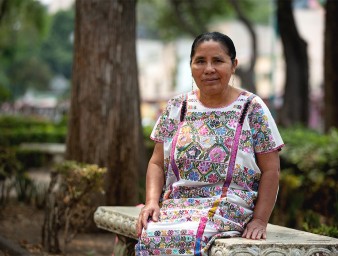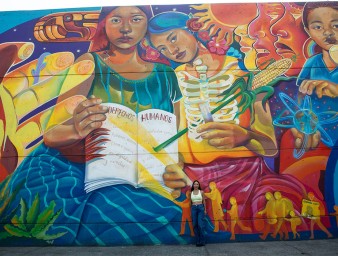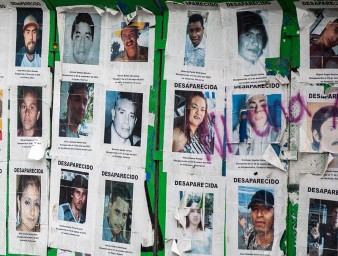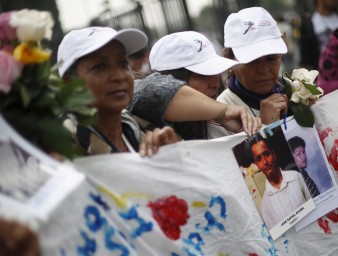A new approach to public spending
02 July 2014
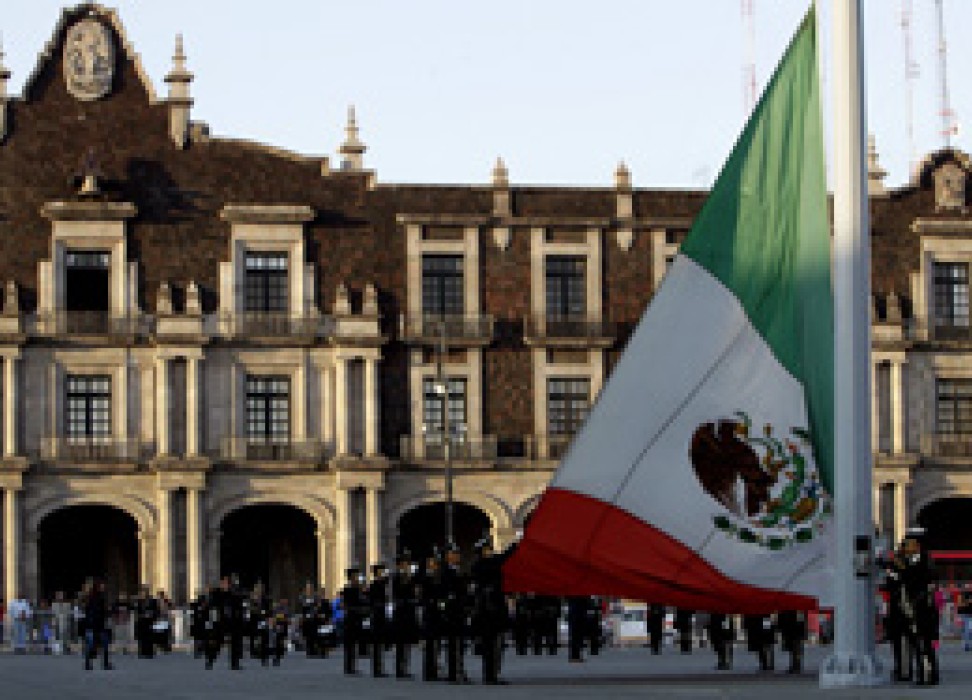
For the first time, UN agencies, civil society organizations, academia and federal entities came together to address the increasing need to distribute public funds under a human rights lens in Mexico during a recent workshop in Mexico City.
“This is an opportunity to implement international recommendations relating to the protection of human rights”, said the UN Human Rights Representative in Mexico, Javier Hernandez Valencia, during a workshop organized by the UN Human Rights Office in Mexico, the Ministry of Interior and the Executive Secretary of Mexico’s City Human Rights Programme.
“Discussion on the allocation of public funds is needed, and this workshop is a starting point,” added Congressman Vidal Llerenas.
Participants in the workshop, held in May, highlighted that public funds need to be properly distributed to ensure that the most vulnerable groups, including women and children, can enjoy the full range of human rights.
“Behind Mexico being one of the world's largest economies in terms of gross domestic product (GDP), lies a reality of poverty," said Erika Strad, from UNICEF, during the workshop.
The serious health situation of women was highlighted by Daniela Diaz, from FUNDAR, Centre for Analysis and Research. Although significant public funds are allocated to prevent maternal mortality and morbidity (MMM), she said, it is not enough.
The need to allocate sufficient resources towards education and healthcare services for children was highlighted during the discussion.
Participants addressed the current challenges in ensuring a human rights-based approach to public spending, including the lack of information on how public budgets are designed, implemented and monitored and the absence of transparency and accountability mechanisms at both the federal and local levels.
“Information is key for civil society to have a dialogue on budget allocation and for decision makers to be sure that they are using public funds to fulfil human rights,” said Alejandro González, founder and director of the Mexican civil society organization GESOC.
According to the UN Human Rights Office in Mexico, decision-making processes regarding state spending must be based on full transparency and national dialogue, with effective and meaningful participation of civil society and those who will be directly affected by such policies, including people living in poverty.
The workshop, entitled “Design, monitoring and analysis of Public Budgets from a Human Rights Perspective”, held 29-30 May, is part of the work of the Ministry of Interior to implement the National Human Rights Programme 2014-2018.
The UN Human Rights Office in Mexico plans on continuing to foster spaces to promote discussion and analysis amongst all actors that could lead to improved design, monitoring and evaluation of budgets and accountability mechanisms.
2 July 2014

